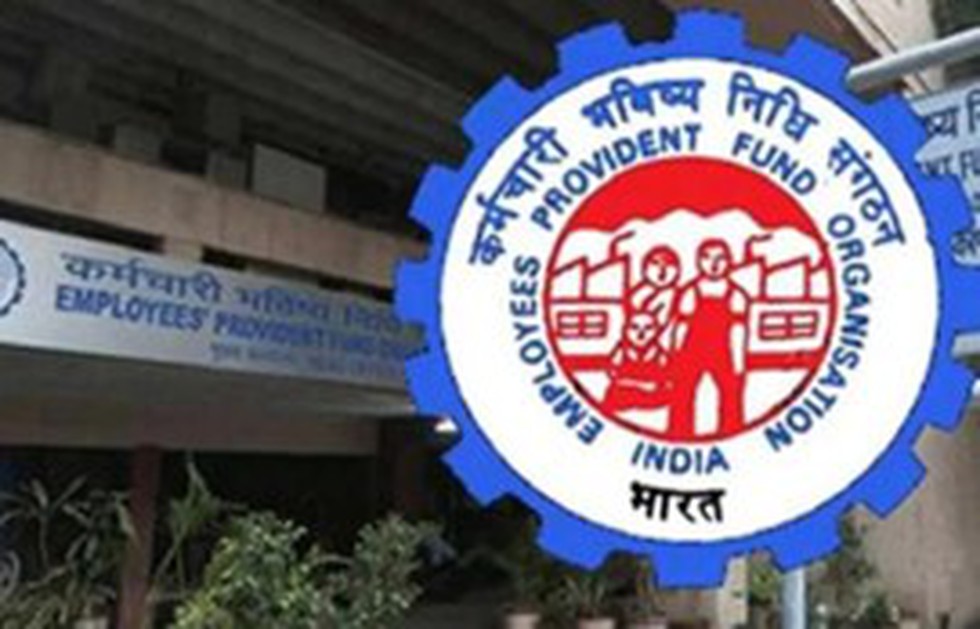
About Employees’ Provident Fund Organisation (EPFO)
Inflation in India’s wholesale prices...
Even 46 years after it was notified a...
The strongest geomagnetic storm in ov...
A recent discovery of a mysterious st...
The I4C, in collaboration with Micros...
The India-U.S joint exercise in condu...
NASA's upcoming Nancy Grace Roman Spa...
Recently, an unknown number of orcas ...
CSIR-Centre for Cellular and Molecula...
Recently, the Ramcharitmanas, Panchat...